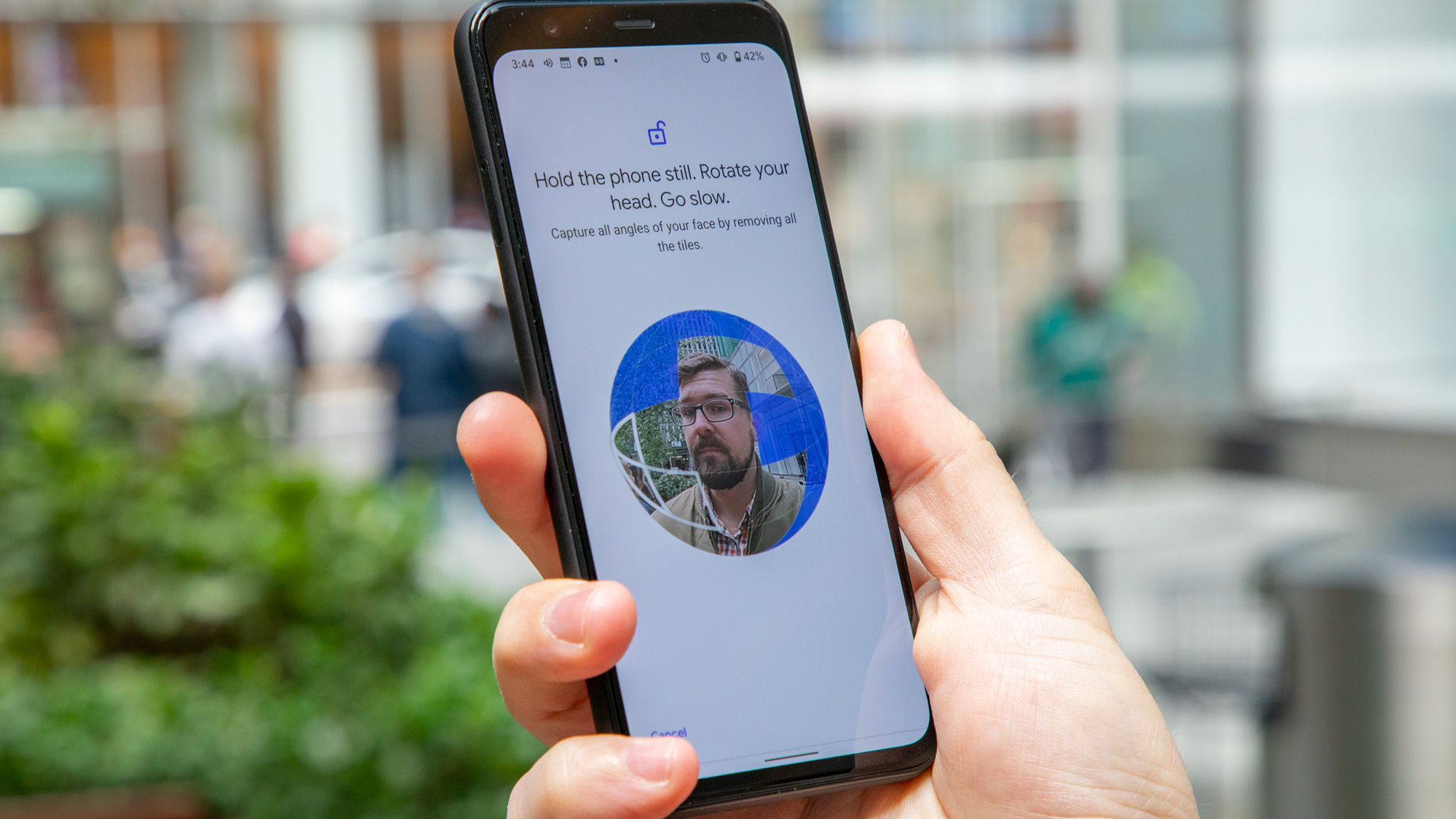Google speaks out on Pixel 4 face unlock issue – and promises fix
Eyes on the prize

If you've been following the Google Pixel 4 news since its launch, you've probably heard about the face unlock problems that make the phone a lot less secure than you'd hope – but it looks like a solution is just around the corner.
The Pixel 4 uses facial recognition as its primary means of unlocking the handset, but people quickly realized that this is far less secure that you'd imagine. The main issue was that you could unlock the phone with your eyes closed – so, in theory, someone could hold the device up to your sleeping (or unconscious) face, and open the device without your knowing.
- Check out our initial impressions of the Google Pixel 4
- What about the Google Pixel 4 XL?
- These are the best camera phones you can buy
Of course, if someone's going to break into your phone while you're asleep, they can just as easily do that with your fingerprint, and so the most secure form of protection is always a password, PIN or pattern. But the Google Pixel 4 face unlock wouldn't even require them to touch you, just hold the phone above your face.
However that's set to change. A Google spokesperson has confirmed to TechRadar "We’ve been working on an option for users to require their eyes to be open to unlock the phone, which will be delivered in a software update in the coming months." So all you need to do is look after your phone for a few more months and you'll receive some eye-T support.
We’ve been working on an option for users to require their eyes to be open to unlock the phone
"In the meantime, if any Pixel 4 users are concerned that someone may take their phone and try to unlock it while their eyes are closed, they can activate a security feature that requires a pin, pattern or password for the next unlock. Pixel 4 face unlock meets the security requirements as a strong biometric, and can be used for payments and app authentication, including banking apps. It is resilient against invalid unlock attempts via other means, like with masks."
It's not been a good year for facial recognition unlocking in smartphones – when the Samsung Galaxy S10 launched in February, people quickly realized its face recognition would accept someone who looked similar to the owner, or a picture or video of the owner, and allow them access too.
So if unlocking your phones with your face is set to become big in the future, manufacturers are going to need to work out a way to make sure it's safe and reliable.
Sign up for breaking news, reviews, opinion, top tech deals, and more.

Tom Bedford is a freelance contributor covering tech, entertainment and gaming. Beyond TechRadar, he has bylines on sites including GamesRadar, Digital Trends, WhattoWatch and BGR. From 2019 to 2022 he was on the TechRadar team as the staff writer and then deputy editor for the mobile team.